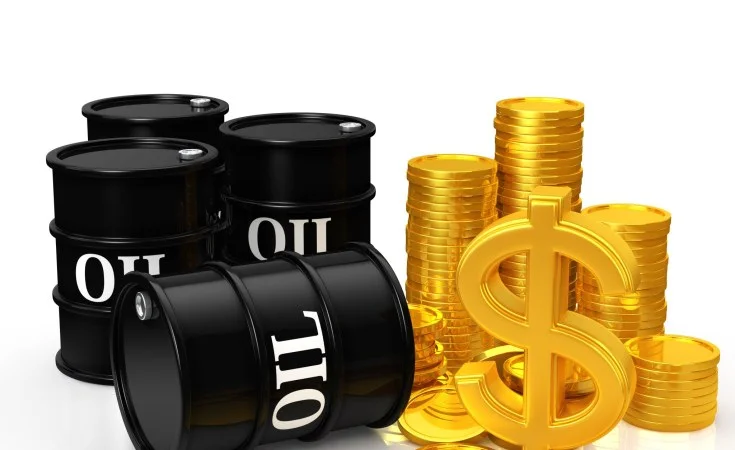On July 28, 2022, the Federal Government of Nigeria clarified reports regarding the significant reduction of the Excess Crude Account (ECA) balance, which fell from $35.7 million to $376,655.
The ECA, a federal savings mechanism funded by the surplus between the market price of crude oil and the budgeted price as outlined in the appropriation bill, has not received additional funding this year despite increased oil revenues.
Government’s Explanation
The government disclosed that a $35 million withdrawal from the ECA in June 2022 was an advance payment for acquiring new Offshore Patrol Vessels (OPVs) for the Nigerian Navy.
This expenditure aligns with efforts to strengthen maritime security in the Gulf of Guinea. The government highlighted recent successes, noting Nigeria’s removal from the International Maritime Bureau (IMB) Piracy List earlier in 2022.
The IMB also reported no incidents of piracy or armed robbery in Nigerian waters during the first half of the year.
Context on ECA Funding
The Finance Minister provided insight into the ECA’s status, explaining that the account has not been replenished over the past four years due to fluctuations in the global oil market.
The minister emphasized that ECA funds are managed in collaboration with the National Economic Council (NEC), which includes state governors, as the account is part of the federation’s financial framework.
A notable prior withdrawal of $1 billion from the ECA was approved by the NEC to bolster national security.
The minister clarified that these funds, including the final tranche, have been allocated strictly for security purposes, with disbursements tied to executed contracts for security agencies.
Background
The ECA has historically served as a critical financial buffer for Nigeria. Former President Olusegun Obasanjo, speaking on October 25, 2024, claimed that during his tenure, he grew Nigeria’s foreign exchange reserves from $3.7 billion to $45 billion and saved $25 billion in the ECA.
Additionally, on June 28, 2024, the NEC appointed six governors as board members for the Niger Delta Power Holding Company, reflecting ongoing federal efforts to strengthen governance and infrastructure.






